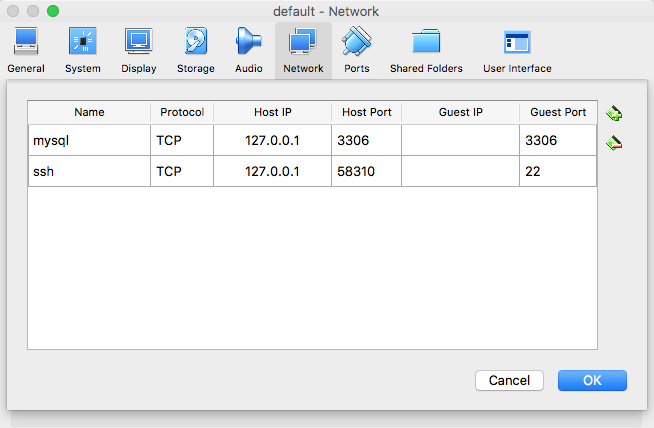Docker For Mac Kubernetes Use Ip Other Than Localhost

Ubuntu team presented a simplified version of the base image - Minimal Ubuntu. It is designed for servers, isolated containers based on Docker and cloud systems. Google chrome offline installer for mac. The release features high performance, minimal load time and automation of applications in the cloud. The small footprint of Minimal Ubuntu, when deployed with fast VM provisioning from GCE, helps deliver drastically improved boot times, making them a great choice for developers looking to build their applications on Google Cloud Platform.
On January 8, Docker released a beta version of Docker that includes Kubernetes support. I was excited to try it out on my Mac. Here are my notes and observations from experimenting with Docker for Mac with Kubernetes. The Docker folks usually do a great job with a simple user experience, and installation was no exception.
They will be able to view at animated planets and stars. It also presents 3D terrain of Mars. • Find businesses - Save the information and maps or have a print of the data • Google Sky - The app enables users to fly to outer space from Earth. • Google Mars - Get HD images of Mars with this app. Google earth downlaod for mac.
Paul Nash Group Product Manager, Google Cloud The authors of the project emphasize the size of the distribution kit, which 'weighs' 157 MB, and also supports the main cloud systems like Amazon EC2, Google Compute Engine (GCE), LXD and KVM / OpenStack, each of which has its own optimized version of the package. In addition, the OS-based image for operating with containers based on the Docker platform, compatible with the Kubernetes. Minimal Ubuntu is designed for automated execution, so it includes only a minimal set of tools. The distribution can be upgraded to a set of Ubuntu Server packages using the special utility 'unminimize', which returns components that are convenient for interactive management. According to Canonical representatives, the deletion of the manual control functions resulted in the acceleration of the load time by 40% and the reduction of the occupied disk space by 50%. At the same time, this release remained completely compatible with all the packages from standard Ubuntu repositories. Required packages can be installed using the standard package manager apt or using snapd, which are included in the distribution by default.
Two assemblies are available for download, based on Ubuntu 16.04 LTS and 18.04 LTS. You can download them on the official website.
- суббота 17 ноября
- 71